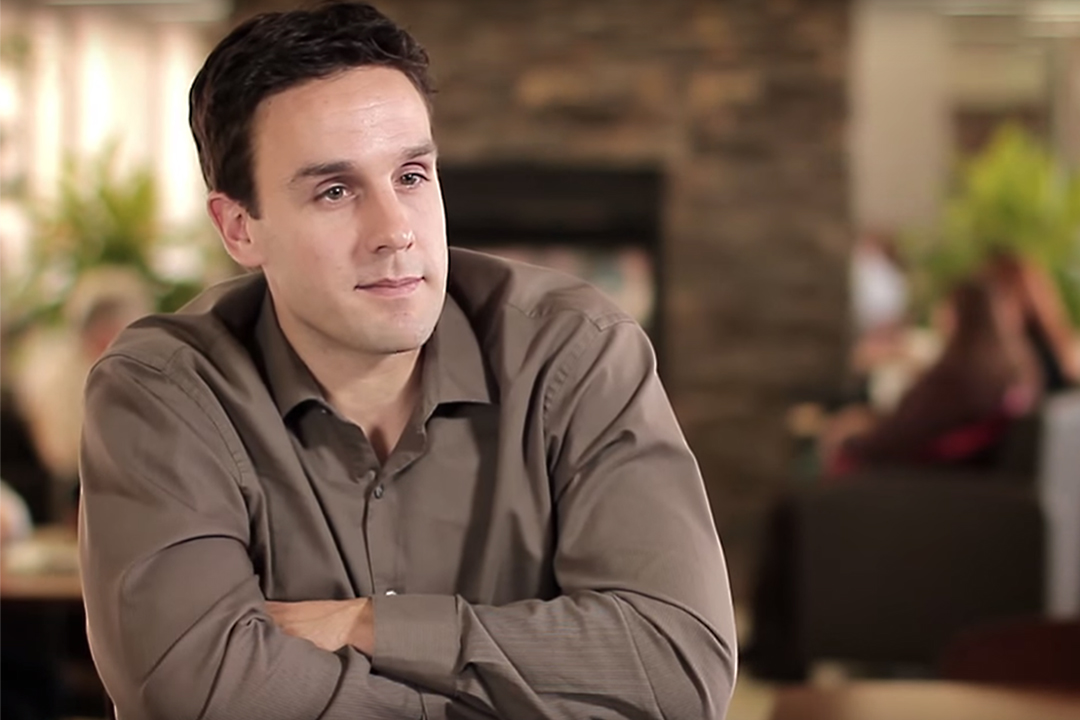
U of S clinician awarded $2 million by CIHR to improve HIV, hepatitis C care in First Nations
SASKATOON—University of Saskatchewan clinician and researcher Dr. Stuart Skinner has been awarded a $2-million team grant by the Canadian Institutes of Health Research (CIHR) to refine and expand an on-reserve diagnosis and treatment program for HIV, hepatitis C virus (HCV) and sexually transmitted blood-borne infections.
The five-year, multidisciplinary and multi-sectoral project, which totals $4.65 million when in-kind contributions are included, involves close to 50 scholars, clinicians, policymakers and knowledge users. Nearly half the participants are Indigenous community members, chiefs, and people who’ve experienced the infections.
“We’re pretty excited about the grant success,” said Skinner, clinical assistant professor in the College of Medicine. “We wanted to build a First Nations-led initiative that met the local community needs and integrated western and Indigenous approaches.”
First Nations communities in Saskatchewan have Canada’s highest rate of HIV infections – more than seven times the national average – and HCV rates that are five times the national average. Women are over-represented in HIV infections among Saskatchewan First Nations at 40 per cent, compared to 22 per cent of all cases nationally.
The goal of the new project is to work closely with First Nations communities in expanding the reach of a community-designed and managed HIV diagnosis and treatment program called Know Your Status (KYS) and also includes HCV and other blood-borne infections.
A key component of KYS is a culturally responsive approach that integrates mainstream western medicine with the traditional Indigenous health model, which includes mentoring by elders and providing physical, emotional and spiritual care to maintain community health and wellness.
“Through this project we will be able to show just how much resilience, strengths and assets there are in Indigenous communities. I know that Dr. Skinner, his team and the communities will do some wonderful research,” said Carrie Bourassa, scientific director of CIHR’s Institute of Aboriginal People’s Health.
“Given that it is implementation research, hopefully they are going to provide a model that can be used across Saskatchewan and in other parts of Canada.”
Skinner has been working since 2011 with the Big River First Nation, which developed KYS because many community members were unable to access treatment from specialists in larger care centres. This has expanded further into HIV and HCV testing and treatment over the past six years to 10 outreach clinics.
The new program aims to expand physicians’ knowledge and capacity to treat infectious diseases, and develop primary care capacity in local communities. The grant money will be used primarily to implement community-based and designed HIV, HCV and related programming, with Skinner acting as co-ordinator.
“The timelines will be far faster than we thought, because the communities are very passionate,” Skinner said. “If they are ready to move forward, we will figure out how to support them any way we can.”
Among the team members are five physicians from the U of S College of Medicine – Megan Clark, Siddharth Kogilwaimath, Sarah Liskowich, Stephen Sanche and Kris Stewart – as well as Dr. Ibrahim Khan, medical health officer for Health Canada’s First Nations and Inuit Health Branch (FNIHB) in Saskatchewan.
JoLee Sasakamoose, director of the Indigenous Peoples’ Health Research Centre (IPHRC), will advise on Indigenous methodologies, including culturally appropriate data collection. IPHRC is a partnership involving the U of S, First Nations University of Canada and University of Regina.
Researchers from McGill University and the universities of Toronto, Manitoba, Calgary and Manitoba are also participating.
A graduate student and a postdoctoral fellow will be involved in the project in each of the first four years, with a postdoctoral fellow scheduled for the fifth year. Skinner expects to have undergraduate students from professions such as medicine, nursing, pharmacy, and social work also involved.
Of the in-kind contributions, $2.4 million comes from FNIHB through federally funded nursing staff involved in communities to evaluate and expand KYS, and nurses’ travel costs for the program. The National Indian Brotherhood is helping with culturally relevant therapies.
The effectiveness of the KYS program will be evaluated using an implementation science approach that studies what works, for whom, and under what circumstances. The evaluation will consider how interventions can be adapted and scaled up to make KYS accessible, with special attention paid to gender and sex-based analyses.
—30—
For more information, contact:
Jennifer Thoma
Media Relations Specialist
University of Saskatchewan
306-966-1851
jennifer.thoma@usask.ca

